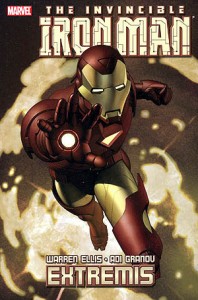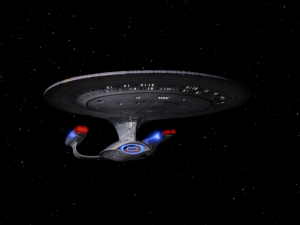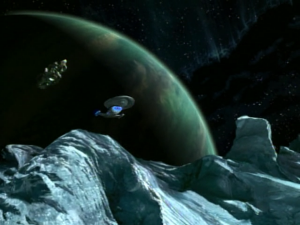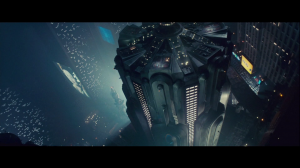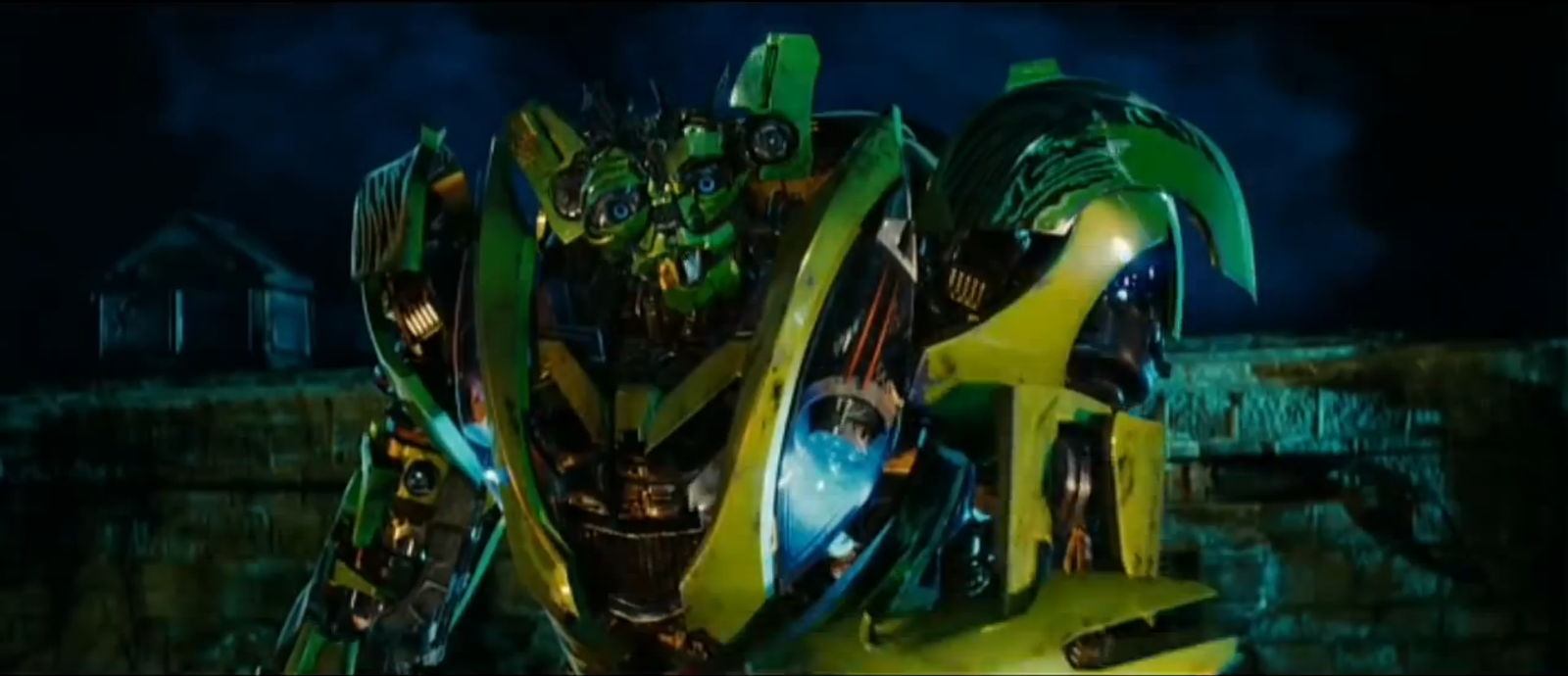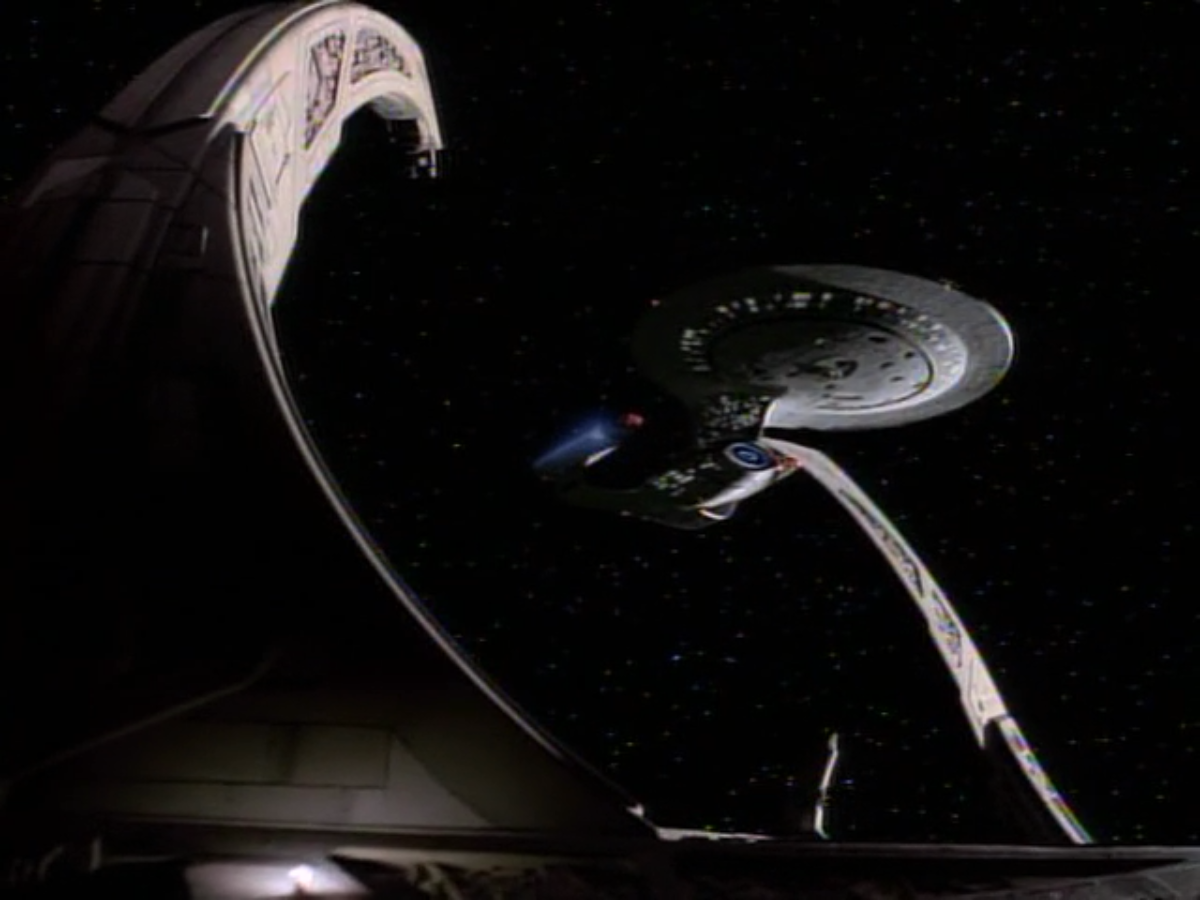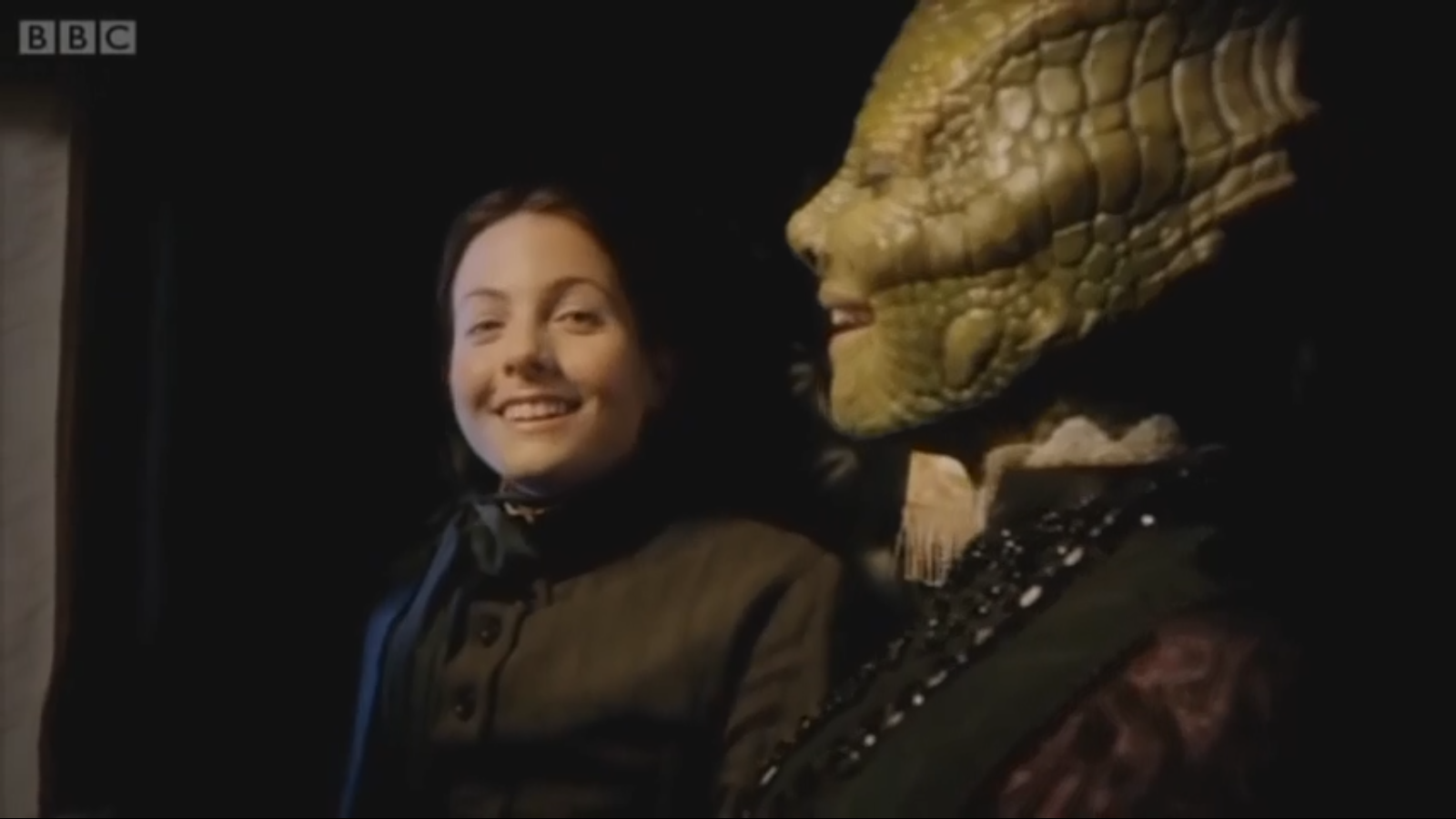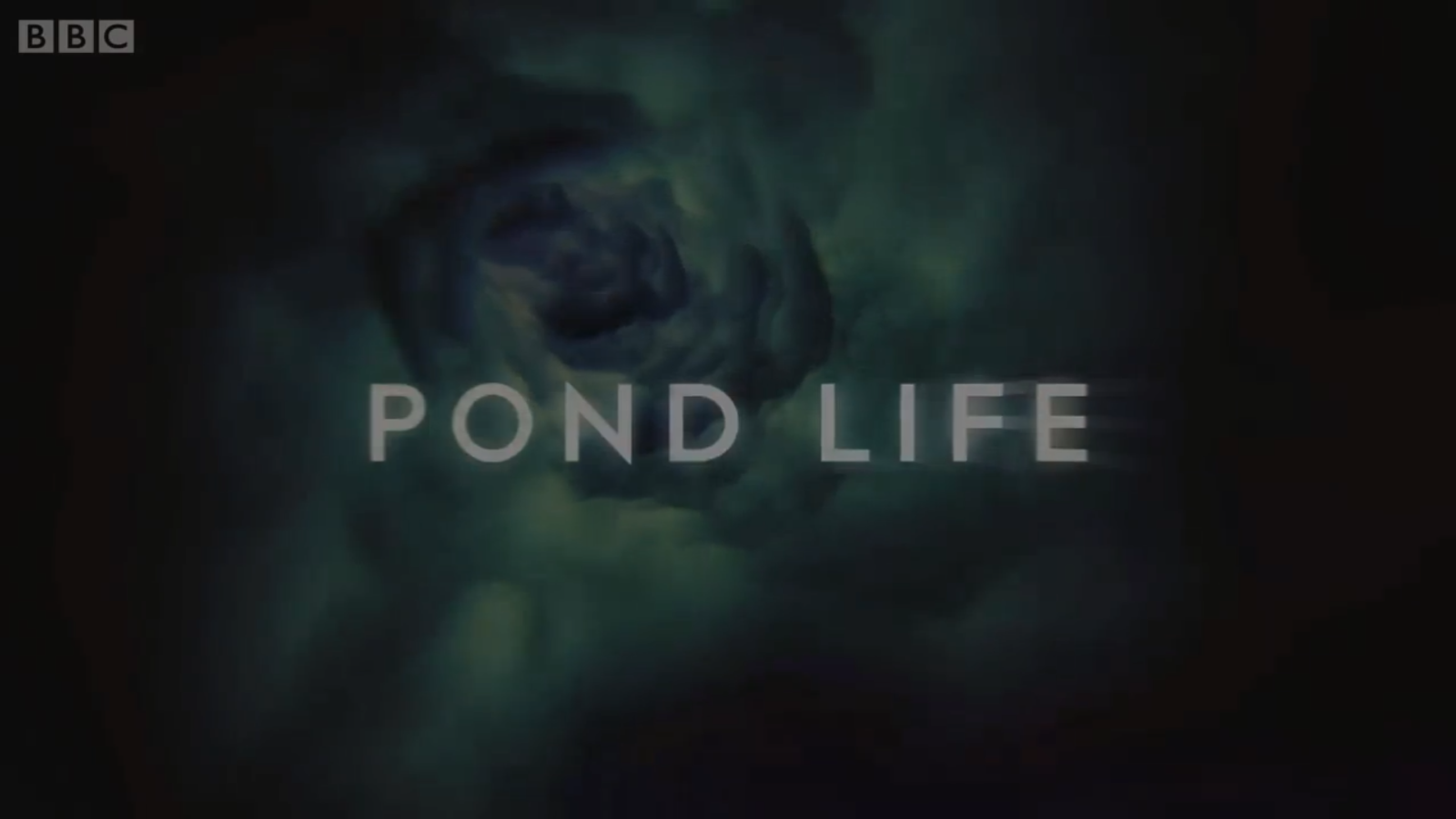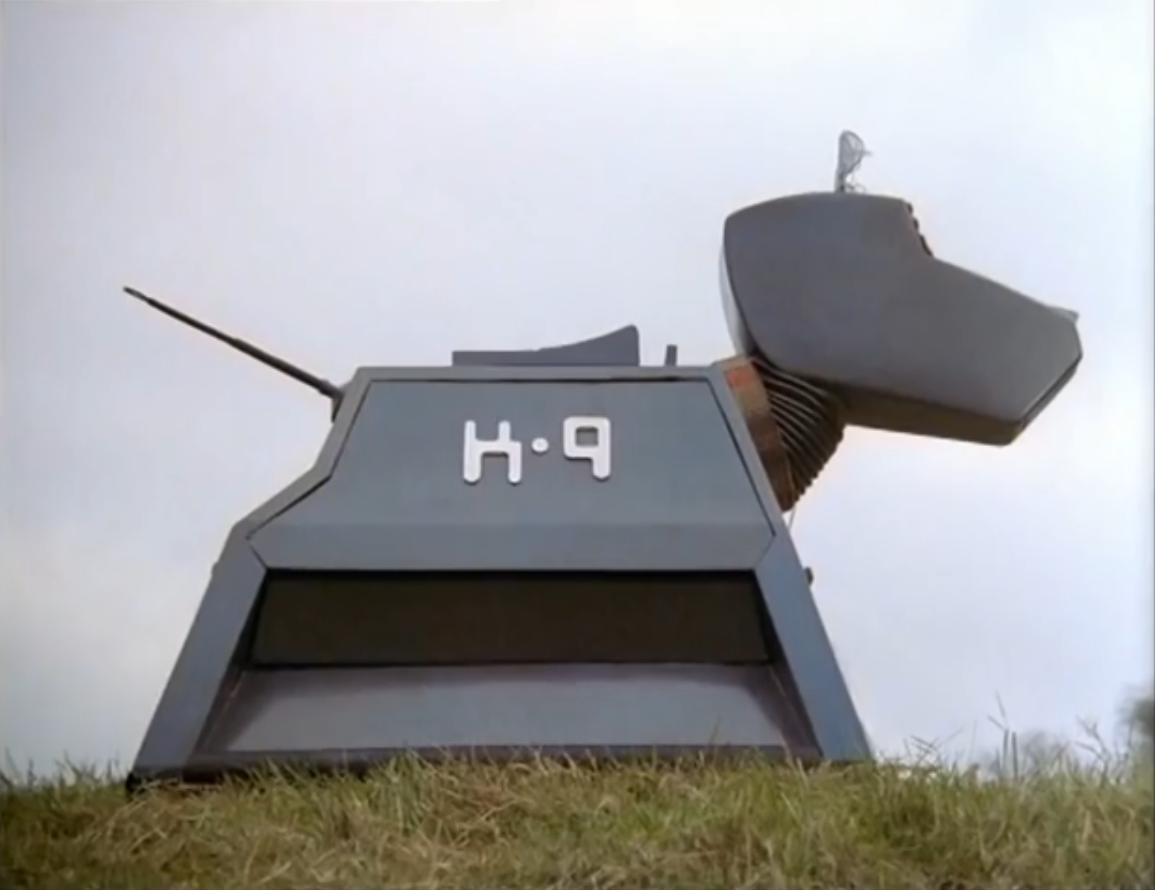On Reboots, Changes, and Fandom Reaction
- July 16th, 2016
- Write comment
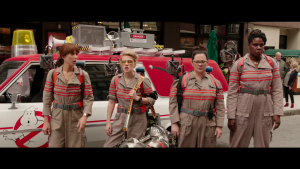 With the release of the all-female Ghostbusters reboot and the recent news about Sulu’s character in Star Trek Beyond (and comments from both Takei and Simon Pegg regarding it), I feel like this is a good time to discuss something that’s kind of been itching at me for a while now. That is, as I often talk about, the subject of reboots, and what kind of changes the existing fandom should expect or be willing to tolerate when a movie’s being remade. We live in a world where the overwhelming majority of media that’s released is in the form of reboots, remakes, and revivals, with original content few and far between (at least for cinema, anyway). This is a problem that’s got roots in other issues, however, regarding representation of minorities in media and all kinds of social justice problems that are highly controversial, but I’m looking at this through the same lens of franchises, reboots, and fandom that I always discuss here.
With the release of the all-female Ghostbusters reboot and the recent news about Sulu’s character in Star Trek Beyond (and comments from both Takei and Simon Pegg regarding it), I feel like this is a good time to discuss something that’s kind of been itching at me for a while now. That is, as I often talk about, the subject of reboots, and what kind of changes the existing fandom should expect or be willing to tolerate when a movie’s being remade. We live in a world where the overwhelming majority of media that’s released is in the form of reboots, remakes, and revivals, with original content few and far between (at least for cinema, anyway). This is a problem that’s got roots in other issues, however, regarding representation of minorities in media and all kinds of social justice problems that are highly controversial, but I’m looking at this through the same lens of franchises, reboots, and fandom that I always discuss here.
Here’s hoping I don’t regret this, eh?

